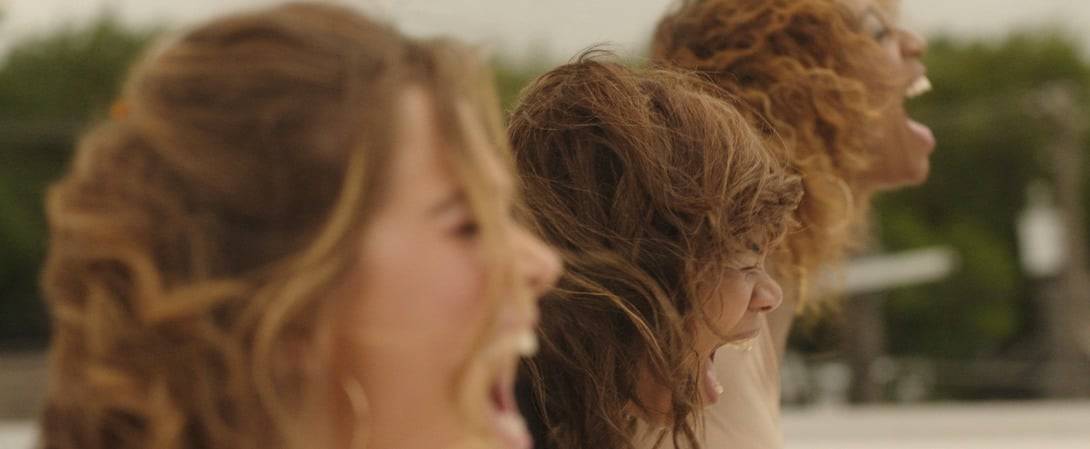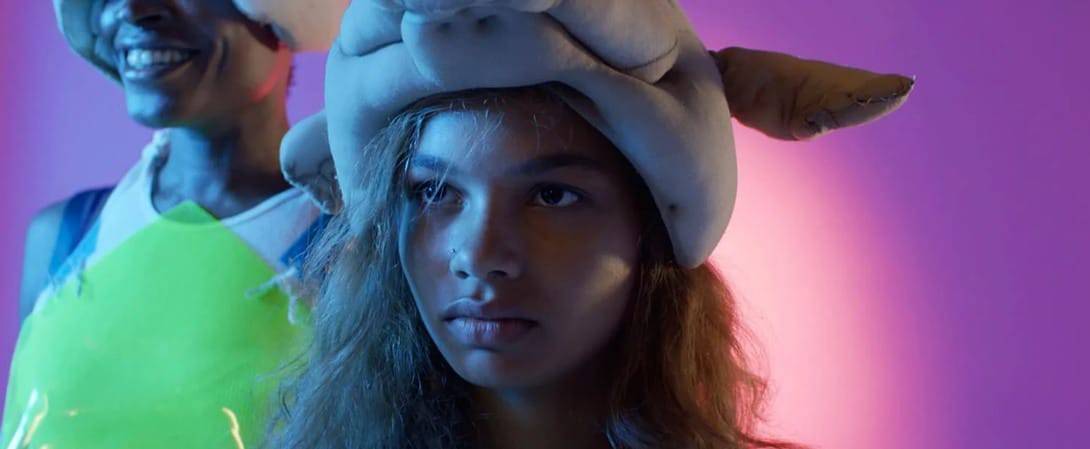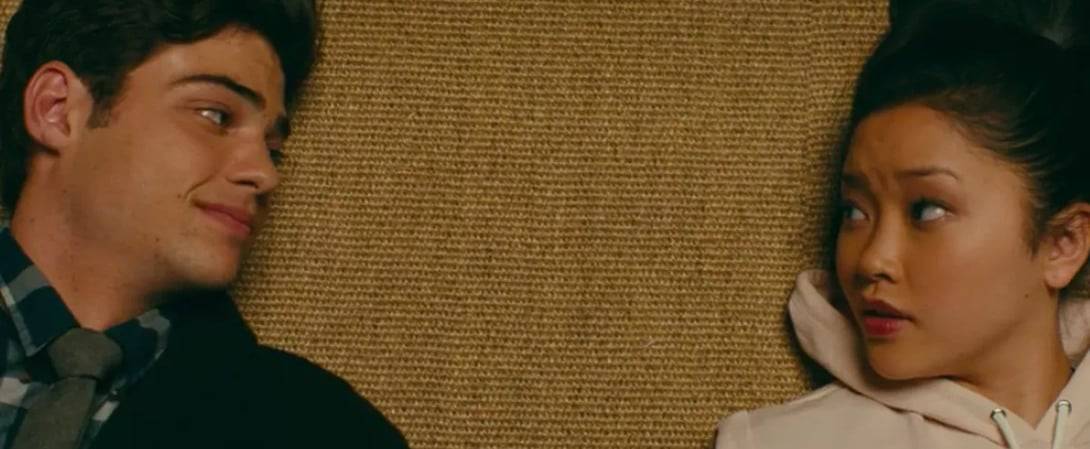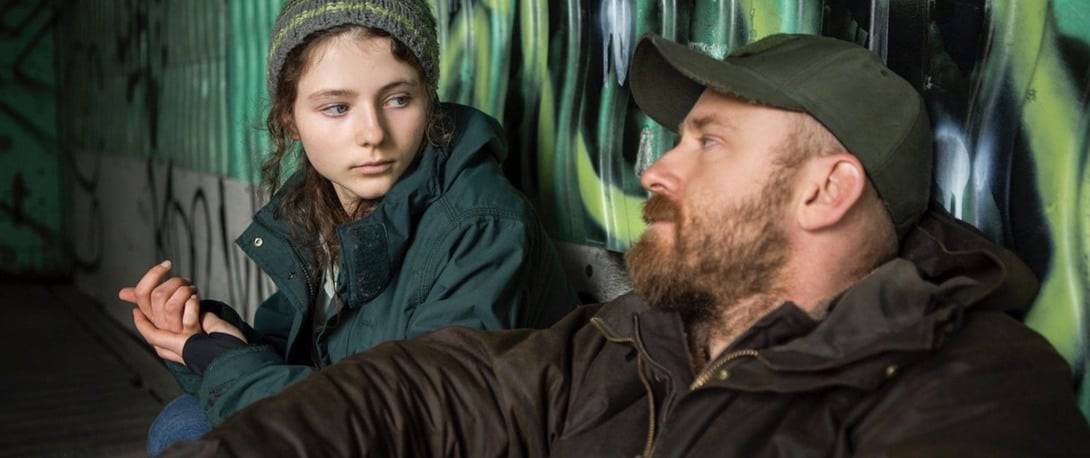
10. Support the Girls

Andrew Bujalski has delivered one of the most touching films of the summer season with Support The Girls. His naturalistic dramedy follows Lisa (Regina Hall) as the overworked manager of a Hooters-style sports bar and restaurant. Between dealing with personal issues, keeping the restaurant up and running, protecting her team of waitresses from aggressive customers, and contending with own her inept boss (James Le Gros), Lisa has a lot on her plate, so to speak. With themes concerning sisterhood, race, and capitalism, Bujalski has created a movie that speaks to our current moment. But the film never becomes self-serious; Bujalski isn’t here to teach you a Lesson with a capital L. He’s more interested in exploring the timeless struggle of wanting to be a good person in a world that doesn’t seem to care about you. Hall certainly steals the show, but leave it to Haley Lu Richardson — one of the best young stars the film industry has produced in years — to steal your heart as Maci, a naïve but contagiously optimistic waitress. In lieu of screaming from a rooftop how good this movie is, I’ll just tell you it’s currently in theaters and on VOD and that you would be wise to watch it. (Anna Swanson)
9. Madeline’s Madeline

Dreamy, hectic, and surreal, Madeline’s Madeline is one of the most singular film experiences of the summer and, most likely, the year. It tells the story of a New York high school girl who is, like most high schoolers, annoyed with her mom’s overbearing concern, and, like almost no high schoolers, a master of her craft in acting. Simple in essence, but totally unrecognizable in development, it is the kind of film that you cannot walk into with any expectation but that of genuine otherness. There is hardly a chance to catch your breath in its short 93-minute runtime. Writer/director Josephine Decker capitalizes on every single creative risk she takes in her stunningly quick and meaty meta-narrative. The direction is reminiscent of Abdellatif Kechiche’s intimate dive into the life of Adele in Blue is the Warmest Color. It often floats mere inches from Madeline’s (Helena Howard) distraught or electric countenance. And the supporting cast is nothing short of essential to the film’s brilliance. Miranda July and Molly Parker are tremendous as Madeline’s mother and Madeline’s drama teacher (to categorize her lightly). It is, as Moonlight writer/director Barry Jenkins recently put it, “insistently challenging and always evolving.” Not to mention, the cinematography is gorgeous and the last shot is a wonder in its own right. (Luke Hicks)
8. To All The Boys I’ve Loved Before

With a little help from director Susan Johnson, the folks at Netflix, and you know, the cast and crew, Jenny Han’s hit book is one of several adaptations that have been a breath of fresh air in our pop culture. Lana Condor’s Lara Jean is a new kind of open-hearted rom-com hero for a world that is both increasingly connected and dangerously divided. It’s also a throwback to a more earnest kind of romantic comedy that Hollywood’s lost along the way. That sounds like something big for a charming little Netflix movie, but To All The Boys I’ve Loved Before is pure joy and I’m not currently accepting arguments to the contrary. Please try again at a later date. (Neil Miller)
7. Upgrade

While the majority of genre fare talk these days is about the “elevated” variety, it’s nice to see a movie come along that’s unabashedly fun and made for fans who don’t need to place upper-crust tags on weird flicks to enjoy them. Leigh Whannell’s latest directorial effort takes elements from Robocop and Death Wish, tosses them into a blender with some David Cronenberg, and treats us to some good old-fashioned techno-phobic pulp centered around revenge. This will make you have second thoughts about letting science have its way with you in the future. (Kieran Fisher)
6. Leave No Trace

It’s fair to call Leave No Trace a quiet film. It’s fair to call it understated. But the power that it delivers in its minimalism is breathtaking. The story opens on war veteran Will (Ben Foster) and his teenage daughter Tom (Thomasin McKenzie) living in a tent in a massive wooded park outside Portland, Oregon. Soon, after an untold span of relatively peaceful existence, the pair are found out by police and brought in for questioning. But what could easily become a struggle between big government and freethinkers is defused almost immediately. The social workers in charge of Will and Tom’s case are remarkably understanding, as is virtually everyone they meet. That’s where the quiet agony of the film lies — in the lack of external struggle and the unspoken knowledge, from friends and strangers alike, that the real enemy is Will’s trauma. But even there the lines are far from firmly drawn. Will deeply understands his mental state even as he’s governed by it, and his efforts to hold things together for a daughter who’s becoming more independent by the day are both laudable and heartbreaking. Leave No Trace is a beautiful film (in setting, performance, and subject), and its expansive yet intimate journey is a jewel of character study and emotion. (Liz Baessler)
Related Topics: Summer Movies

